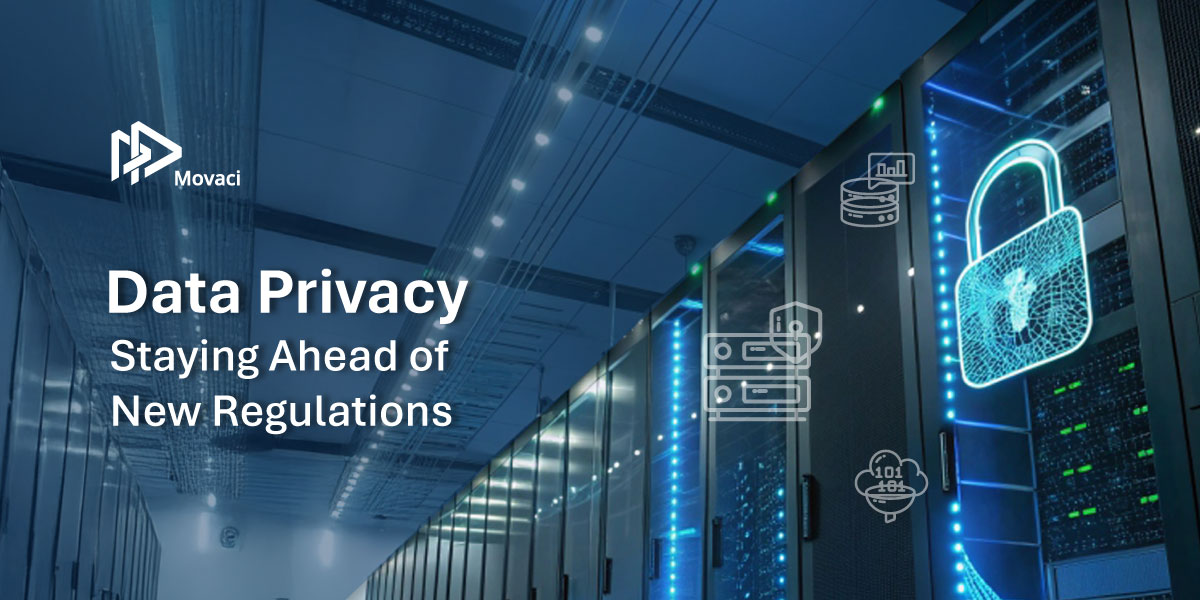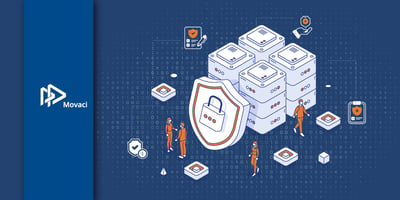The U.S. government’s recent WhatsApp ban on official devices is more than a policy change, it is a...
Data Privacy: Staying Ahead of New Regulations
In early 2025, the European Union fined TikTok €530 million after determining the company had unlawfully transferred personal data of EU users—including minors—to servers in China without sufficient safeguards. This landmark enforcement action, led by Ireland’s Data Protection Commission, underscored the growing resolve of global regulators to hold tech giants accountable. It also sent a clear message to all organizations: data privacy is no longer a theoretical concern but a tangible legal and reputational risk. (Reuters)
As digital ecosystems expand and technologies such as AI, biometrics, and predictive analytics proliferate, countries worldwide are responding with stronger, more nuanced privacy frameworks. These developments reflect a global consensus: individual data rights must be safeguarded through robust, enforceable laws. In 2025, data privacy has become a central pillar of digital governance.
North America: Patchwork of Progress
United States
While federal legislation like the American Privacy Rights Act (APRA) remains under review, U.S. states have continued to pass their own privacy laws. In 2025, eight more states—including Delaware, Iowa, and New Jersey—enacted comprehensive statutes modeled after California’s Consumer Privacy Act (CCPA). These laws grant consumers rights to access, correct, delete, and restrict the sale of their personal data.
Canada
Canada is modernizing its federal Consumer Privacy Protection Act (CPPA) to address algorithmic bias, biometric data handling, and stronger enforcement mechanisms through its national privacy authority.
Europe: Enforcement and Expansion
The European Union continues to lead in privacy regulation with the General Data Protection Regulation (GDPR). In addition to the TikTok ruling, the EU fined Meta Platforms €1.2 billion for unlawful data transfers to the U.S., setting new benchmarks for cross-border enforcement.
Complementing GDPR, the EU has enacted:
- The Digital Services Act (DSA): Holds online platforms accountable for illegal content and user protection.
- The Digital Markets Act (DMA): Ensures fair competition among digital gatekeepers.
- The AI Act: Establishes compliance obligations for high-risk AI systems, requiring risk assessments, transparency, and ethical oversight.
What Can You Do as a Business to Be Compliant?
To stay compliant, businesses need to be proactive in following the evolving data privacy laws, cybersecurity standards, and customer expectations. The following are some key strategies that can be followed.
- Implement a Comprehensive Data Governance Program
- This involves identifying all personal and sensitive data and understanding how the data moves across systems.
- Only collect what is needed and use it strictly for specified purposes.
- Strengthening Technical and Organizational Security Measures
- Use Encryption and Access Controls to protect your data.
- Use Multi-factor Authentication to add a layer to authentication security.
- Do Regular Vulnerability Scanning and Penetration Testing as required by your industry.
- Regularly train your Employees in the latest Security and Privacy measures.
- Stay Informed and Adaptable.
- Monitor legal updates in every jurisdiction you operate in.
- Subscribe to privacy watchdogs, newsletters, and legal bulletins.
Conclusion
The year 2025 marks a decisive shift in global data governance. The TikTok fine, coupled with a surge in national legislation and international cooperation, signals a new era where privacy violations carry real financial and reputational consequences. For businesses, this means evolving from reactive compliance to proactive stewardship of data.
If your business requires assistance in navigating these hurdles, contact us today for Movaci’s Data Compliance and Security Experts to help you assess your risk exposures and prepare your systems for global data regulations.
Take advantage of a FREE
30-minute consultation.
A solutions expert will visit with you about your technology and security to help you find your next step.




